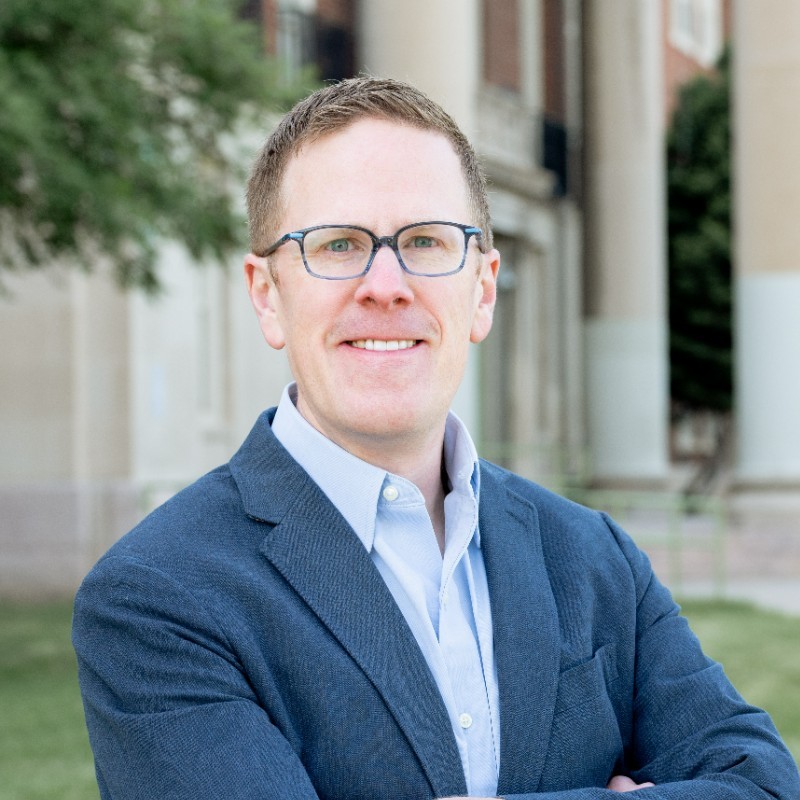Over the next few weeks, the Colorado legislature will consider a bill to prohibit the use of seclusion as a disciplinary action by school districts.
Sponsored by State Rep. Dr. Regina English (D- Colorado Springs) and by Senate sponsor Janet Buckner (D- Aurora), this bill (HB24-1167) aims to prohibit the use of seclusion on students in district-run schools and charter schools.
The bill would also give the state until July 1, 2025 to create a bank of resources regarding “appropriate alternatives to seclusion and restraint to assist school personnel with appropriate responses to behavior” (Chalkbeat, March 28, 2024).
There is a growing body of research about the harmful effects of seclusion rooms and other, similar tactics in schools. English partnered with community organizations to bring students and parents to testify about the practice before the House on March 27.
Seclusion practices have been controversial, and the more parents and constituents know about what is happening, the more likely they are to oppose it.
Seclusion is defined by the United States Department of Justice (DOJ) as the “involuntary confinement of a student alone in any room or area” and includes the practice where a “student is placed in a location alone where they are prevented from leaving or believe they cannot leave.”
According to the Code of Colorado Regulations, a student placed in a seclusion room “must be continually monitored” in a “safe space free of injurious items,” and monitored by individuals who receive “retraining at a frequency of at least every two years.”
Seclusion can occur in “safe spaces” used as “isolation” rooms, “time out” areas, “de-escalation” or “calming down” rooms if the student is alone and not free to leave. Statistics have shown that 89% of students in district-run schools who have been subjected to this practice are students with a variety of disabilities, neurodivergence, and/or significant mental health needs.
Because this practice disproportionately impacts a historically marginalized demographic of students, it can be oppressively or improperly implemented. The DOJ shared these real cases of improper use:
- A student with an emotional disability was secluded more than 100 times during an 18-month period, causing a loss of a significant amount of instruction. The student was regularly secluded for non-crisis behavior such as disrespect, non-compliance, and leaving the classroom.
- A student with an emotional disability was secluded nearly 80 times over two school years for elopement (leaving school without permission), causing loss of instructional time. While in seclusion, the student would often engage in self-harming behaviors such as banging their head against the door. Staff did not intervene when the student was injured and continuously used the practice repeatedly for the student.
- A student with autism was secluded three times in a row in one school day. To circumvent a prohibition of secluding a student for more than 30 minutes, the student would be placed in seclusion for 30 minutes, removed for no more than five minutes and then immediately placed back in seclusion for 30 minutes.
- A student with a behavioral disability was secluded over 40 times for a total of 50 hours for behavior that did not pose an imminent danger to themselves or others. Additionally, the school kept the student in seclusion even after they urinated and vomited in the seclusion room.
Parents, advocates, school board members, and educators at the Colorado House hearing shared similar stories of discriminatory use of seclusion. Conversely, school administrators shared their fear of students being allowed to run out of buildings. Restraint in schools is one thing, but this bill specifically aims to attack the belief that taking students against their will to “calm down” and secluding them works.
The truth of the matter is that there is more research emerging that the opposite happens – more violent responses from students sometimes occur. In some of these cases, students have been traumatized by seclusion practices. Further, there is no research that suggests this practice is therapeutic for students.
It is a critical topic that has gained steam over the past year as cases in Denver Public Schools and other districts have been reported in the media. Researchers are studying how discriminatory the practice is for historically marginalized and traditionally underserved representations of students.
Many school districts and charter networks have changed their missions to say they aim to provide more safe and inclusive environments for learning. For that to be the case, seclusion itself is not OK, especially when disproportionately used on students representing specific identities as a response to non-threatening behaviors.
This bill is needed because no federal law currently exists outlawing the practice across the country. Data from public schools telling the truth about seclusion is nonexistent, because most schools have not had to report on or conduct research about the practices and outcomes of using it. A few states (Hawaii, Georgia, and Florida) have enacted laws to forbid the practice.
Colorado does not currently have such a law. While 95% of Colorado districts have prohibited the use of this oppressive tactic against students, there are still districts that have not officially prohibited its use, including Adams 12 Five Star Schools, Cherry Creek School District, Division of Youth Services, Douglas County School District, Fountain School District, Poudre School District, St. Vrain Valley School District , and Weld County Reorganized School District RE-4.
The bill aims to standardize the approach to discipline across the state. This is in alignment with the DOJ, which is pursuing legal action against school districts nationwide for continuing this use of seclusion rooms. The DOJ has been successful with these lawsuits, entering into agreements with school districts to 1) discontinue the use of these tactics 2) require school administrators to monitor disciplinary practices more intentionally and, 3) require schools to offer training to all staff about discriminatory practices and related issues.
HB24-1167 aims to protect Colorado taxpayers from these lawsuits in the future, by banning the use of these tactics among the 5% of Colorado school districts continuing to use them.
Please make sure that you reach out to your house and senate district representatives now to weigh-in for this upcoming vote! Your voice is critical in securing the best way forward on seclusion and overall disciplinary practices for Colorado schools.




